- Joined
- Apr 14, 2013
- Messages
- 2,677
- Reaction score
- 2,044
- Location
- India
- Website
- www.rajarshiphotography.com
- Can others edit my Photos
- Photos OK to edit
You had photography classes in high school? Wow! :no smile:All I know is I was taught in high school photography to get it right in camera
In camera versus post is irrelevant.
Crap is crap and good is good. Doesn't matter how you got there. You can fix a lot of stuff in post.
Summed up my thoughts in one line. I've seen enough purists behaving as if any sort of post processing is evil, most don't realize that someone else is already doing a lot of post-processing on his/her behalf, meaning every camera has it's own algorithms to create jpegs and a lot of "processing" is done to achieve that. The difference being some programmer wrote an algorithm to automate it, whereas we're doing it in PP softwares. Unless the photographer is claiming it to be sooc after using photoshop, I don't see an issue.
It has been rumored that once, while speaking at an art exhibition, Ansel Adams overhead a man say "I guess anyone can be a photographer if they have a darkroom"; to which Adams responded by making an imprint of an 8x10 sheet film holder on the back of the mans head. He then told the man to go lie in a dark room for a while and see how that developed.
I laughed so hard at this





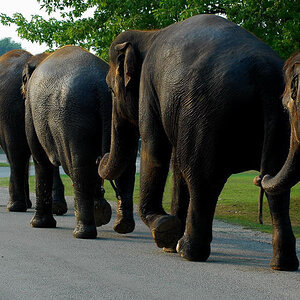
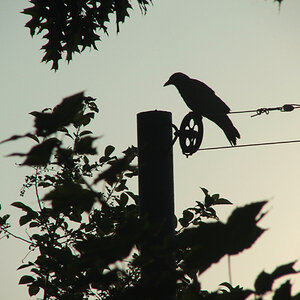

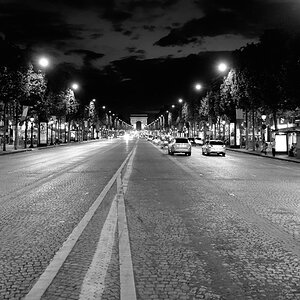
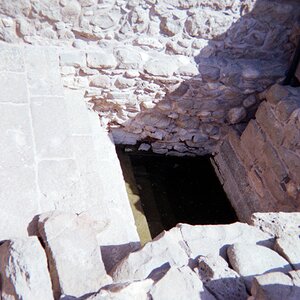

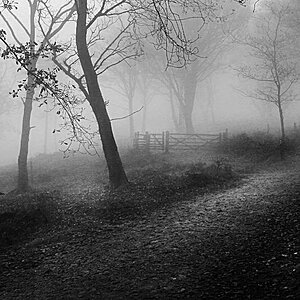
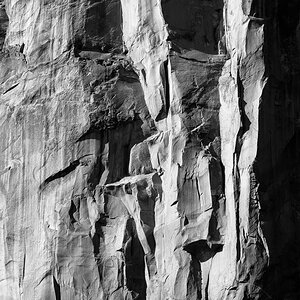

![[No title]](/data/xfmg/thumbnail/41/41783-314fbf7e0c66dfa41b2a2d535aa3a9cd.jpg?1619739891)

